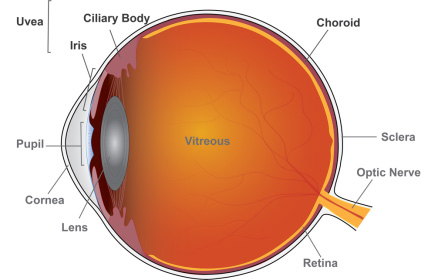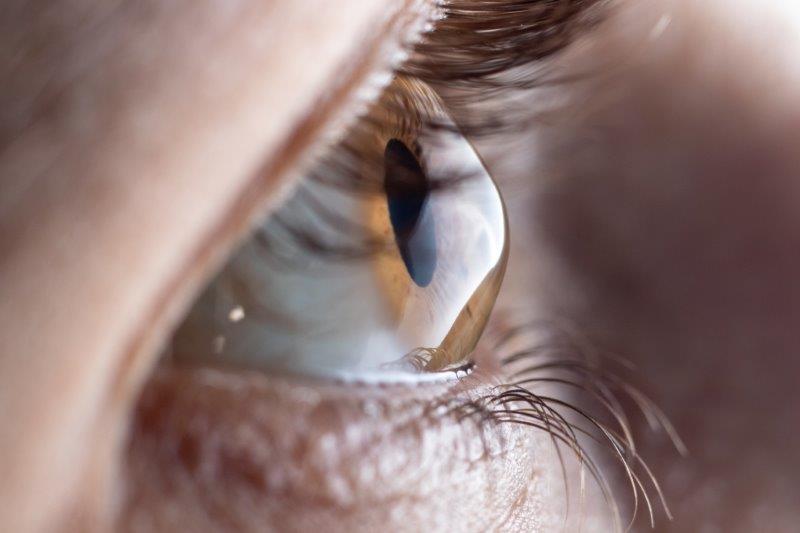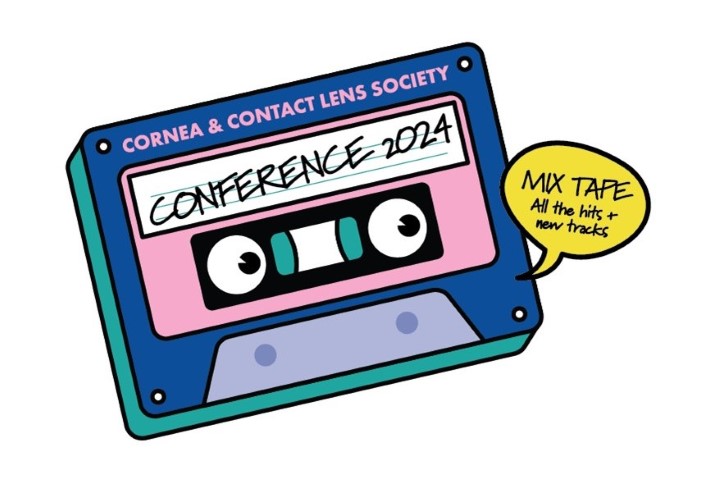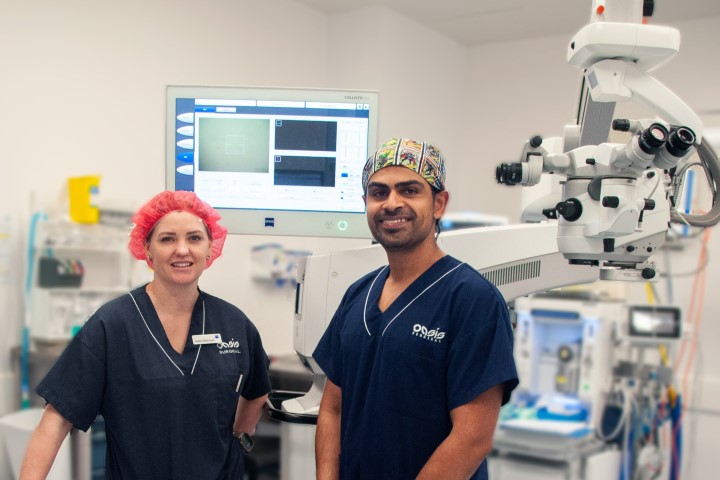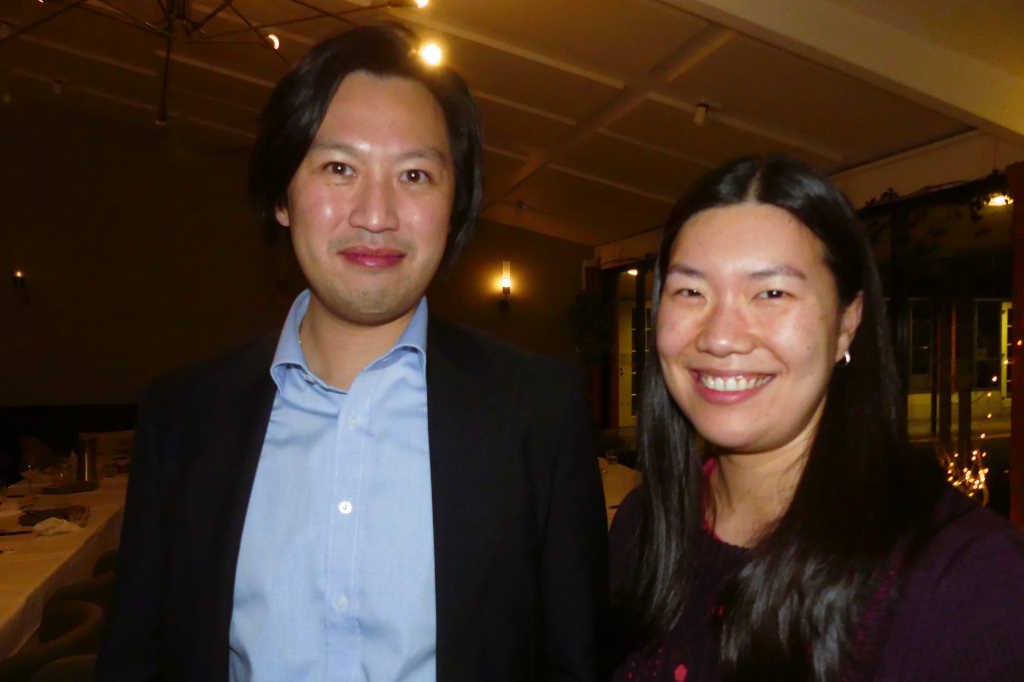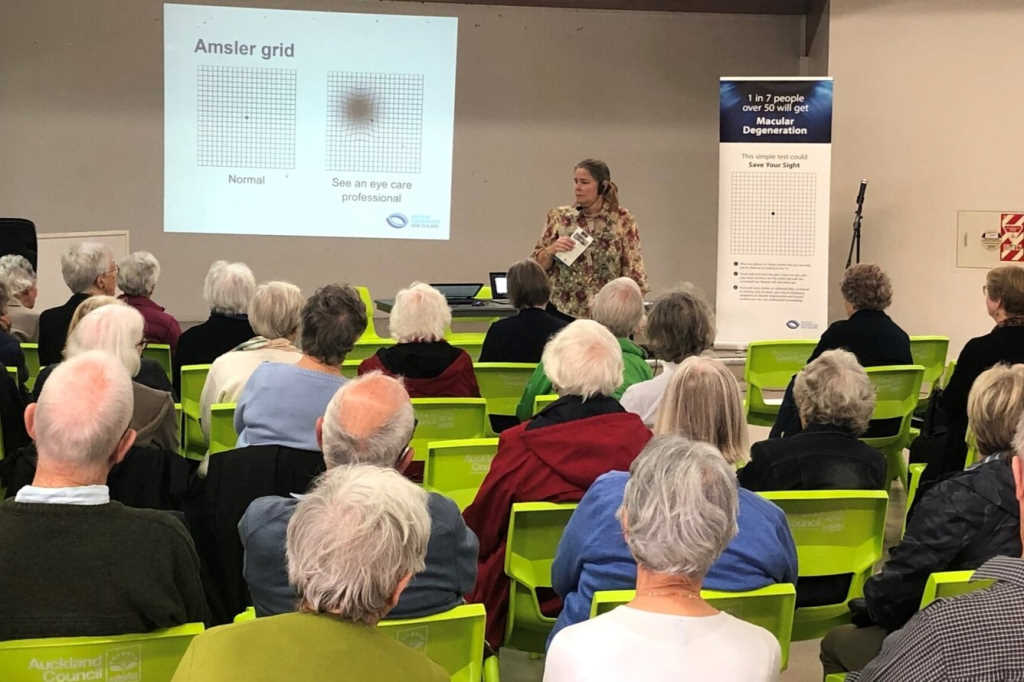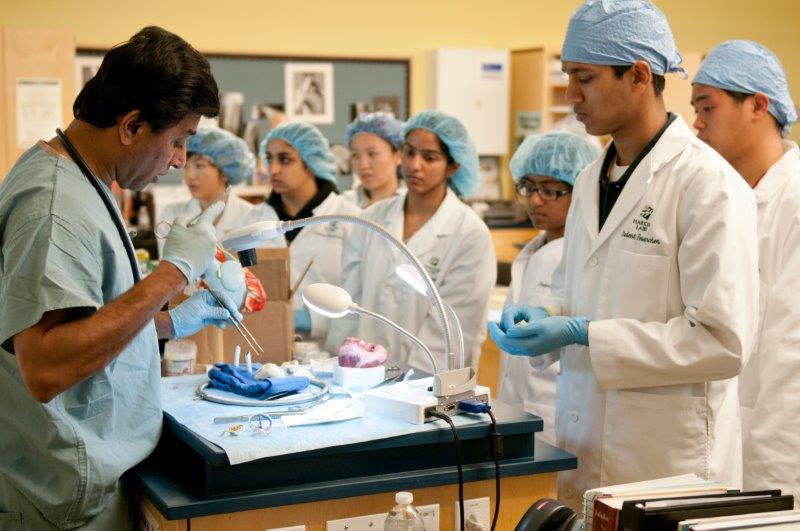Different uveitis drugs, similar results
A clinical trial comparing methotrexate and the more expensive mycophenolate mofetil treating non-infectious uveitis shows the two drugs offer very similar results.
The US study, funded by the National Eye Institute (NEI), also found that in more severe cases, posterior uveitis and pan uveitis, methotrexate was more effective in controlling inflammation. “This study gives doctors and their patients with uveitis a starting point when considering treatment beyond corticosteroids,” said study lead Dr Nisha Acharya, University of California, San Francisco.
The trial included 216 patients with intermediate or posterior/pan uveitis with 107 patients allocated to methotrexate and 109 patients to mycophenolate treatment. Over six months, participants tapered to a maximum dose of 7.5mg prednisone daily, while receiving either 3g oral mycophenolate daily or 25mg methotrexate weekly. Participants reduced their dose, if necessary, to control adverse side effects such as nausea.
At six months, 67% of participants in the methotrexate group and 57% of participants in the mycophenolate group had controlled their inflammation and successfully tapered steroids. In patients with posterior or pan uveitis, the most severe forms, 74% in the methotrexate group achieved control at six months, versus 55% in the mycophenolate group, indicating that methotrexate was significantly more effective at controlling inflammation for this subtype of uveitis.
“Based on this head-to-head clinical trial, methotrexate is as good as or better than mycophenolate for treating uveitis. That’s important because the prior literature and a survey on treatment preferences suggest most clinicians believe the opposite. Now we have a randomized trial to provide guidance on treatment,” said Dr Acharya.










